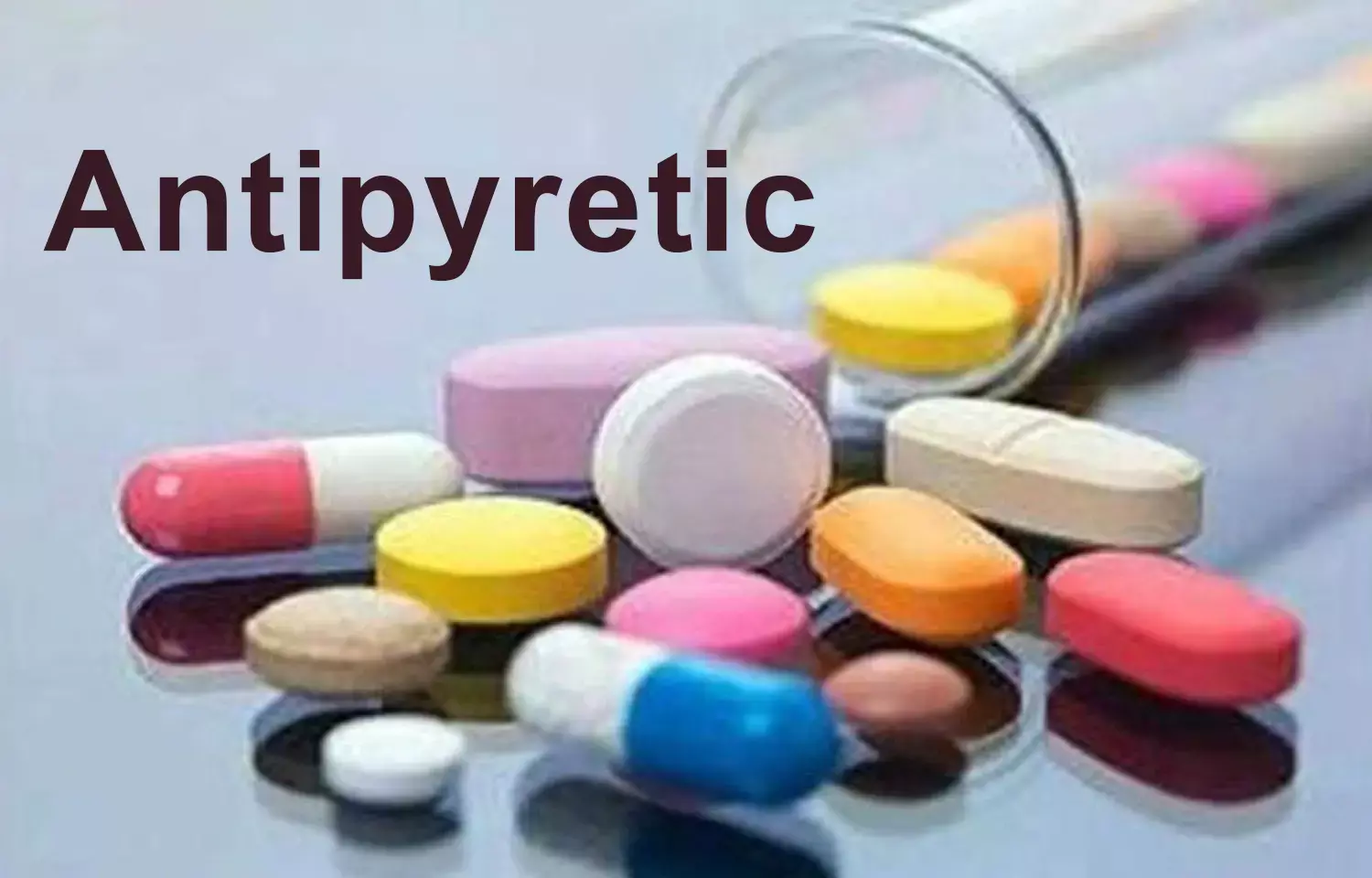- Home
- Medical news & Guidelines
- Anesthesiology
- Cardiology and CTVS
- Critical Care
- Dentistry
- Dermatology
- Diabetes and Endocrinology
- ENT
- Gastroenterology
- Medicine
- Nephrology
- Neurology
- Obstretics-Gynaecology
- Oncology
- Ophthalmology
- Orthopaedics
- Pediatrics-Neonatology
- Psychiatry
- Pulmonology
- Radiology
- Surgery
- Urology
- Laboratory Medicine
- Diet
- Nursing
- Paramedical
- Physiotherapy
- Health news
- Fact Check
- Bone Health Fact Check
- Brain Health Fact Check
- Cancer Related Fact Check
- Child Care Fact Check
- Dental and oral health fact check
- Diabetes and metabolic health fact check
- Diet and Nutrition Fact Check
- Eye and ENT Care Fact Check
- Fitness fact check
- Gut health fact check
- Heart health fact check
- Kidney health fact check
- Medical education fact check
- Men's health fact check
- Respiratory fact check
- Skin and hair care fact check
- Vaccine and Immunization fact check
- Women's health fact check
- AYUSH
- State News
- Andaman and Nicobar Islands
- Andhra Pradesh
- Arunachal Pradesh
- Assam
- Bihar
- Chandigarh
- Chattisgarh
- Dadra and Nagar Haveli
- Daman and Diu
- Delhi
- Goa
- Gujarat
- Haryana
- Himachal Pradesh
- Jammu & Kashmir
- Jharkhand
- Karnataka
- Kerala
- Ladakh
- Lakshadweep
- Madhya Pradesh
- Maharashtra
- Manipur
- Meghalaya
- Mizoram
- Nagaland
- Odisha
- Puducherry
- Punjab
- Rajasthan
- Sikkim
- Tamil Nadu
- Telangana
- Tripura
- Uttar Pradesh
- Uttrakhand
- West Bengal
- Medical Education
- Industry
Antipyretic therapy reduces overheating during exercise in people with MS, reveals study

A recent study published in the Journal of Neurology found that antipyretic (fever-reducing) treatments before exercise can significantly reduce the risk of overheating, a common deterrent to physical activity in people with multiple sclerosis (pwMS). This research opens new avenues for to manage MS symptoms and enhance exercise participation among pwMS.
Multiple sclerosis is a chronic condition that affects the central nervous system and often leads to sensitivity to heat in many individuals, which in turn makes exercise and physical activity a challenge due to the risk of overheating. However, regular exercise is crucial for pwMS which offers benefits such as improved strength, mood and overall quality of life. The study explored the effectiveness of pre-exercise antipyretic treatment in managing body temperature and enhancing exercise tolerance to address the challenge of heat sensitivity.
This randomized controlled trial involved adults over the age of 18 diagnosed with relapsing-remitting MS, who reported heat sensitivity during exercise. The participants were randomly assigned to one of six sequences, and were subjected to receive doses of either aspirin, acetaminophen or a placebo before undertaking a maximal exercise test. The primary outcomes measured were changes in body temperature and total time to exhaustion (TTE), with secondary outcomes focusing on physiological and patient-reported outcomes (PROs).
The results showed a significant reduction in body temperature increases after administering aspirin and acetaminophen when compared to placebo. Aspirin led to a negligible increase in body temperature, while acetaminophen showed a modest increase, both significantly lower than the placebo group. The treatments did not significantly affect TTE during the exercise tests which suggests that while antipyretic medications can effectively manage body temperature, they do not necessarily extend exercise duration in a maximal exercise setting.
Also, aspirin demonstrated benefits across all secondary outcomes including physiological markers of exercise productivity and PROs related to fatigue, pain and perceived exertion when compared to placebo. Acetaminophen also showed consistent benefits that highlights the potential of these common medications to enhance exercise experiences for pwMS. Overall, the research offers a practical solution to one of the significant barriers to physical activity underwent by individuals with MS by demonstrating that antipyretic treatments can reduce overheating during exercise.
References:
Leavitt, V. M., Tozlu, C., Nelson, K. E., Boehme, A. K., Donnelly, J. E., Aguerre, I., Spinner, M., Riley, C. S., Stein, J., & Onomichi, K. (2024). A randomized controlled trial of oral antipyretic treatment to reduce overheating during exercise in adults with multiple sclerosis. In Journal of Neurology. Springer Science and Business Media LLC. https://doi.org/10.1007/s00415-023-12147-6
Neuroscience Masters graduate
Jacinthlyn Sylvia, a Neuroscience Master's graduate from Chennai has worked extensively in deciphering the neurobiology of cognition and motor control in aging. She also has spread-out exposure to Neurosurgery from her Bachelor’s. She is currently involved in active Neuro-Oncology research. She is an upcoming neuroscientist with a fiery passion for writing. Her news cover at Medical Dialogues feature recent discoveries and updates from the healthcare and biomedical research fields. She can be reached at editorial@medicaldialogues.in
Dr Kamal Kant Kohli-MBBS, DTCD- a chest specialist with more than 30 years of practice and a flair for writing clinical articles, Dr Kamal Kant Kohli joined Medical Dialogues as a Chief Editor of Medical News. Besides writing articles, as an editor, he proofreads and verifies all the medical content published on Medical Dialogues including those coming from journals, studies,medical conferences,guidelines etc. Email: drkohli@medicaldialogues.in. Contact no. 011-43720751


